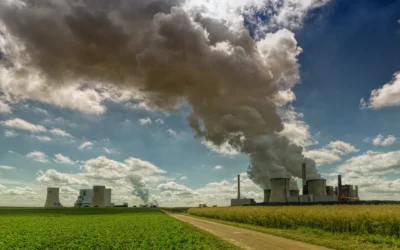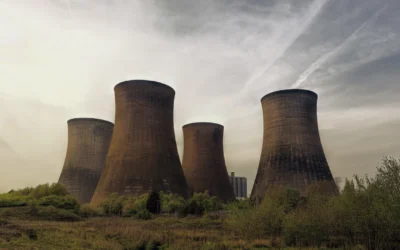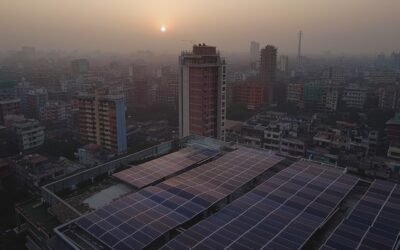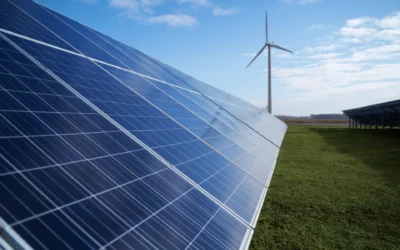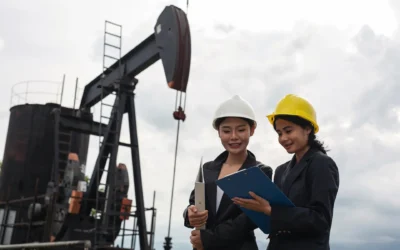Blog
Multi-Party Interim Appeal Arbitration Arrangement: Savior of Multilateralism or Instrument of US Influence?
Introduction The Multi-Party Interim Appeal Arbitration Arrangement (MPIA) was established as a temporary measure to address the crisis caused by the dysfunction of the WTO’s Appellate Body, largely instigated by the United States. Historically, parties dissatisfied...
The Impact of Climate Litigation in Addressing Legislative Vacuums while tackling Long Range Transboundary Air Pollution
The Long-Range Transboundary Air Pollution (hereinafter, ‘LRTAP’) Convention, to which India is also a signatory, came into force under the United Nations Economic Commission for Europe (hereinafter, ‘UNECE’). As Viñuales argues, the uniqueness of the instrument is...
PPP in Nuclear sector: unlocking potential for India’s clean energy transition
Abstract This essay explores the potential for Public-Private Partnerships (“PPP”) in India’s atomic energy sector as a means to accelerate the country’s clean energy goals. It examines India's legal framework and identifies its inadequacies. The essay highlights the...
The Dilemma of Public Trust in Infrastructure Development: A Legal and Policy Analysis
Abstract Public infrastructure projects are often seen as symbols of national progress and economic development. Yet, the success of these projects is contingent on one critical element: public trust. The story of the Golden Quadrilateral, once hailed as a triumph of...
Illuminating India’s Future: The Transformative Power of Rooftop Solar Energy
1. Introduction In the backdrop of the 2004 Hindi movie “Swades”, which focuses on the quest of an expatriate engineer returning to his roots in rural India, renewable energy generation plays the part of an apt apotheosis. It serves not only as a tool for providing an...
Biodiversity and the Pharmaceutical sector: The Convention on Biological Diversity (CBD), the Nagoya Protocol on Access to Genetic Resources and the Fair and Equitable Sharing of Benefits in Vietnam’s context
Abstract Biodiversity has never ceased to be an imminent topic, and healthcare and the pharmaceutical sector have remained in the spotlight in recent years. On one hand, the pharmaceutical sector is often concerned with promoting access to medicinal products, many of...
Middle East problems pertaining to energy: Is DIAC still relevant?
Abstract The Middle East holds a critical position in the global energy market due to its vast oil and gas reserves. However, the region faces numerous challenges, such as fluctuating oil prices, geopolitical instability, regional unrest, and growing pressure to adopt...
Black Gold, Black Swan: How Oil Price Volatility Shapes Private Equity Deals in the Indian Oil & Gas Sector
Abstract In recent years, the oil and gas sector has emerged as a focus point for private equity investment, owing to the simultaneous dynamics of fluctuating oil prices and changing regulatory environments. This blog dives into the subtle relationship between oil...
India’s Role in Cross-Border Energy Trade in South Asia and Its Environmental Impacts
Abstract The article delves into the India’s pivotal role in facilitating the cross-border energy trade in South Asia and its environmental implications. It highlights India's leadership in regional energy cooperation through various initiatives and frameworks such as...
Over the Top, Under What Law? Critically Analysing the Regulatory Framework for OTT Platforms in India
Abstract Communication and entertainment are our fingertips, thanks to the recent proliferation of Over-the-Top Platforms ( hereinafter, “OTT” ). Especially since the pandemic, they have mushroomed both in number and volume. As per a CII-BCG report titled ‘Shaping the...
About Us
The Indian Journal of Projects, Infrastructure and Energy Law (IJPIEL) is a student-run law
journal and blog which was founded in July 2020 by a group of students from Universities
across the nation, led by its founder, Naman Anand.
Other Links
Our Story
Journal
Contact Us
Team


